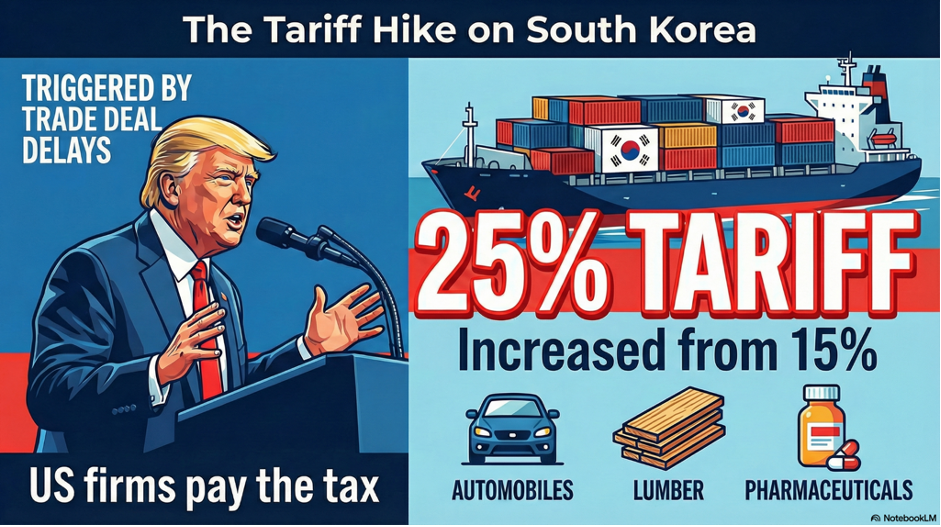Introduction
President Donald Trump has signed an executive order that will bring major changes to the US voter registration process. The order introduces new verification measures and shifts federal oversight of state election procedures. Critics argue it could lead to voter suppression, while supporters claim it strengthens election security. The sweeping changes come as the country prepares for upcoming elections, raising concerns about how the order will impact voter accessibility and election administration.
Key Changes in Voter Registration
The executive order mandates strict identity verification, requiring government-issued identification for all voter registrations. It also calls for a federal database to track voter eligibility and ensure compliance across states. These measures, according to the administration, aim to prevent election fraud and standardize voting procedures nationwide. Additionally, the order requires states to perform regular audits of voter rolls to identify and remove ineligible voters, further intensifying federal oversight.
Impact on State Election Laws
The new directive challenges state control over voter registration. States will need to update their procedures to align with federal regulations. Some state officials worry about logistical challenges and increased costs, as implementing new verification systems and database integration may require significant resources. Others believe the order will create unnecessary barriers for eligible voters, especially those from marginalized communities. Many states with historically flexible voting laws see this as an overreach of federal authority that could discourage voter participation.
Reactions from Lawmakers and Advocacy Groups
Republican lawmakers largely support the order, calling it a necessary step toward election integrity. They argue that ensuring only eligible citizens vote will increase public confidence in election outcomes. However, Democrats and civil rights groups have raised concerns about potential disenfranchisement. Critics claim that stricter ID requirements disproportionately impact low-income, elderly, and minority voters who may face difficulties obtaining necessary documentation. Advocacy organizations have already signaled plans to challenge the order in court, citing constitutional concerns over federal encroachment on state-controlled election laws.
Legal experts anticipate a wave of lawsuits challenging the executive order’s constitutionality. Some argue that federal intervention in voter registration violates states’ rights, while others believe it could lead to prolonged legal battles that create uncertainty ahead of future elections. Public reaction has been divided, with some citizens applauding the move as a way to protect election integrity, while others see it as an attempt to suppress voter turnout. Protests and rallies both in favor of and against the order have already emerged in several major cities.
The executive order is expected to reshape voter registration ahead of the next election. While it aims to enhance election security, its impact on voter accessibility remains a contentious issue. Legal battles and state-level responses will determine the full scope of these changes in the coming months. The outcome of these legal challenges and the response from state governments will play a crucial role in shaping the future of US elections.



